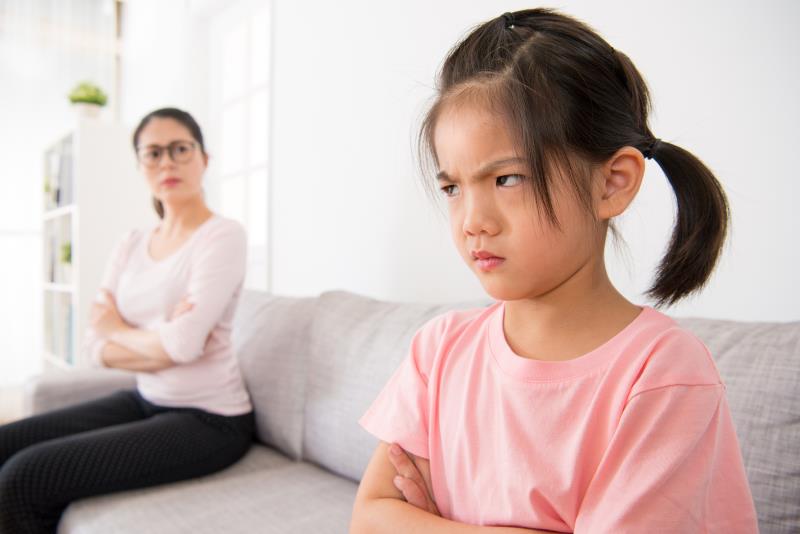
Parenting by lying – defined as lying that “aims to elicit children’s compliance” – may have negative psychosocial outcomes in children that can persist into adulthood, according to a study from Singapore.
“Our research suggests that parenting by lying is a practice that has negative consequences for children when they grow up,” said lead author Assistant Professor Setoh Peipei from the School of Social Sciences, Nanyang Technological University, Singapore.
“Parents should be aware of these potential downstream implications and consider alternatives to lying, such as acknowledging children’s feelings, giving information so children know what to expect, offering choices, and problem-solving together, to elicit good behaviour from children,” she said.
Each of the 379 young adults from Singapore enrolled in this study (mean age 21.67 years, 186 female, 88.7 percent Chinese) completed four questionnaires. The 16-item parenting by lying questionnaire examined the lies told by parents involving eating, leaving and/or staying, misbehaviour, and spending money. The 12-item lying to parents questionnaire examined how frequently children lied to their parents in adulthood regarding activities and actions, prosocial lies, and exaggerated about events and circumstances. The 126-item Adult Self-Report questionnaire examined psychosocial maladjustment in terms of internalizing (eg, anxiety, depression, withdrawn behaviour) and externalizing (eg, aggression, rule-breaking, intrusive behaviour) problems. The 26-item Levenson self-report psychopathy scale assessed primary (eg, selfish or manipulative behaviour during interpersonal interactions) and secondary (eg, impulsive, impetuous behaviour) psychopathy.
Adults who recalled their parents lying to them in childhood had an increased likelihood of lying to their parents as adults (B=0.32; p=0.001). [J Exp Child Psychol 2020;189:104680]
Lying to parents in adulthood was also associated with an increased risk of maladjustment problems including externalizing problems (B=0.52; p<0.001), internalizing problems (B=0.52; p<0.001), and psychopathic attributes (B=0.35; p<0.001).
The association between parenting by lying and internalizing problems or psychopathic attributes was mediated solely by lying to parents (indirect pathway; B=0.17; p=0.005 and B=0.11; p=0.008, respectively). In contrast, the association between parenting by lying and externalizing problems was indirectly (B=0.17; p=0.005) and directly (B=0.40; p=0.005) mediated by lying to parents.
“[G]reater recall of exposure to parenting by lying in childhood was associated with more frequent lying toward parents in adulthood … [and] greater recall of childhood parenting by lying in young adults was related to the severity of externalizing problems above and beyond the influence of lying to parents,” noted the authors.
“Parenting by lying can seem to save time especially when the real reasons behind why parents want children to do something is complicated to explain,” said Setoh.
“By lying in the presence of their children, parents may be implicitly teaching their children that dishonesty is permissible and is an acceptable means to an end. Dishonesty erodes trust, and children might not feel obliged to tell their parents the truth after learning that their parents are untrustworthy,” said the authors.
The authors recognized biases in this study including that participants who reported lying to their parents may have recalled more instances of being lied to by their parents in childhood. Additionally, psychosocial maladjustment may have led to more lying in order to prevent punishment.
Future research should examine the goals of the parents when lying and the nature of the lies, recommended the authors.
“[This will help] researchers [to] suggest what kind of lies to avoid, and what kind of truth-telling parents should engage in,” Setoh said.